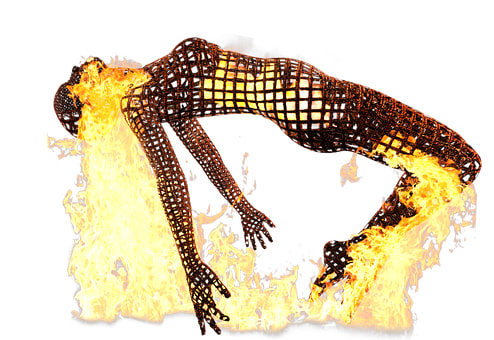As the injury heals we suffer less and less pain intensity. However, chronic pain is different from typical pain. With chronic pain, your body continues to send pain signals to your brain, even after an injury heals, lasting several weeks to years. Chronic pain can limit your mobility and reduce your flexibility, strength, and endurance. This may make it challenging to get through daily tasks and activities. This may play a huge part in your mental wellness as well, affecting confidence, performance, and relationships. Chronic pain is defined as pain that lasts at least 12 weeks.
Common types of chronic:
- headache/migraine
- postsurgical pain
- post-trauma pain
- lower back pain
- cancer pain
- arthritis pain
- nerve damage pain
- psychological pain
More than 1.5 billion people around the world have chronic pain. It’s the most common cause of long-term disability in the United States, affecting about 100 million Americans. Imagine how much money this is causing the healthcare and state disability insurance programs. Ask anybody in chronic pain if they would prefer to be pain free, or be off of work with a little money, they would much prefer to be pain free. As someone with chronic back pain due to a condition I was born with, I am living with the daily effort to work on my pain. I meditate, do yoga, hike, walk, and generally keep on moving.
Chronic pain is usually caused by an initial injury, such as a car accident, a repetitive motion for years, back sprain or pulled muscle. It’s believed that chronic pain develops after nerves become inflamed, long term. and then there is a nerve memory of the pain, a muscular memory, a cellular memory. The nerve damage can make pain long lasting. In these cases, treating the underlying injury may not resolve the chronic pain. Chronic pain may occur without injury. Pain may sometimes result from underlying health conditions too. Chronic pain may be more prevalent among women, the obese, and the elderly. As my lovely husband keeps reminding me, "Father time is undefeated."
Besides over the counter pain relievers, we can relief with movement, proper rest, and healthy nutrition choices. Here are some other options to find relief:
- physical therapy
- tai chi
- yoga
- dancing
- walking in nature
- art and music therapy
- spending time with loved ones for support and connection
- pet therapy
- talk therapy
- massage
- meditation/silent mindfulness
Thank you for reading this.
Be well,
KJ Landis
GO visit my YOUTUBE channel: SuperiorSelf


 RSS Feed
RSS Feed